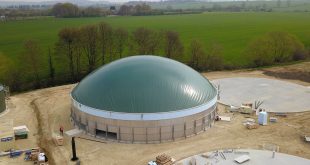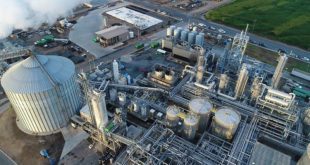The latest episode in the American Chemical Society’s (ACS) award-winning “Global Challenges/Chemistry Solutions” podcast series puts forth the reassuring finding that concerns about global warming having a domino effect — unleashing 600 billion tons of carbon in vast expanses of peat in the Northern hemisphere and accelerating warming to disastrous proportions — may be less justified than previously thought.
In the podcast, Christian Blodau, Ph.D., explains that peat bogs — wet deposits of partially decayed plants that are the source of fuel and gardeners’ peat moss — hold about one-third of the world’s carbon. Scientists have been concerned that global warming might dry out the surface of peatlands, allowing the release into the atmosphere of carbon dioxide and methane (a greenhouse gas even more potent than carbon dioxide) produced from decaying organic matter.
To see whether this catastrophic domino effect is a realistic possibility, Blodau and colleagues conducted laboratory simulations studying the decomposition of wet bog peat for nearly two years.
Far from observing sudden releases of greenhouse gases, they found that carbon release and methane production slowed down considerably in deeply buried wet peat, most likely because deeper peat is shielded from exchange of water and gases with the atmosphere.
In connection with previous work, they concluded that even under moderately changing climatic conditions, peatlands will continue to sequester, or isolate from the atmosphere, their huge deposits of carbon and methane.
The new podcast is available without charge at iTunes and from www.acs.org/globalchallenges.
 Alternative Energy HQ solar power for homes, wind energy, and bio fuel issues
Alternative Energy HQ solar power for homes, wind energy, and bio fuel issues







